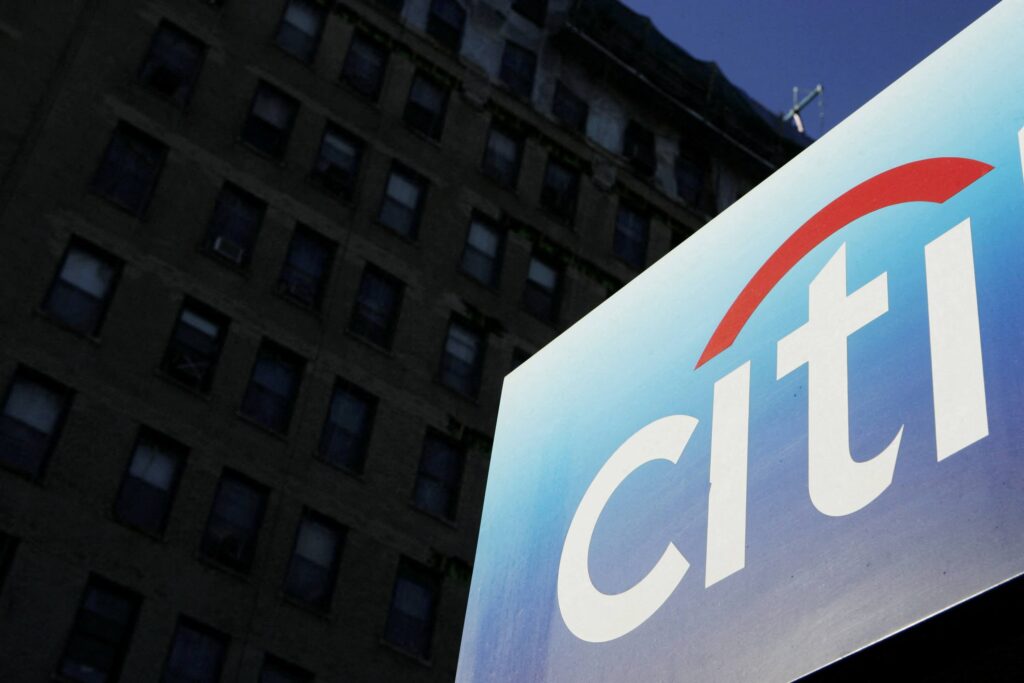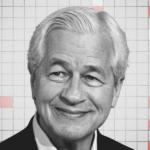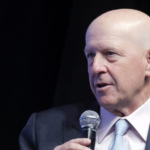Citigroup (C) is navigating a complex restructuring process, and the financial giant has disclosed that its upcoming fourth-quarter earnings report, slated for Friday, will be marked by substantial one-time charges and reserves.
In a regulatory document released on Wednesday, the New York-based bank outlined plans to incur over $3 billion in one-time reserves and expenses, adding a layer of complexity to its upcoming financial results. The disclosed charges encompass a $1.3 billion reserve build for currency exposure in Argentina and Russia, alongside $780 million in charges related to severance costs and various aspects of a comprehensive bank-wide restructuring led by CEO Jane Fraser. Additionally, Citigroup will report a $1.7 billion charge to meet a special assessment imposed by the Federal Deposit Insurance Corporation (FDIC).

Similar FDIC assessments will impact other major banks, stemming from the need to cover the $18 billion in losses incurred by the FDIC’s insurance fund following the failures of Silicon Valley Bank and Signature Bank last March. Citigroup had initially estimated this amount to be $1.65 billion.
The disclosed information on Wednesday did not include full fourth-quarter results, making it unclear how these charges and expenses will affect the bank’s bottom line. The release led to a decline of over 1% in Citigroup’s stock during after-hours trading.
Citigroup CFO Mark Mason addressed the developments in a blog post, stating that “the items we disclosed today do not change our strategy.” He emphasized transparency and credibility, noting that the disclosure was a prudent step.
CEO Jane Fraser is overseeing a strategic shift at Citigroup, aiming to streamline operations, revive the stock price, and eliminate decades of inefficiencies. The bank is refocusing on serving large multinational corporations, divesting unprofitable segments, and improving overall efficiency.
As part of the restructuring, Citigroup is exiting the municipal bond business, scaling back consumer banking in various global regions, and planning to exit 14 consumer franchises in Asia, Europe, the Middle East, Africa, and Mexico. The bank is also implementing job cuts and reorganizing business lines, marking the “most consequential” change in how Citigroup operates in nearly two decades, according to Fraser.
Despite the challenges, Wells Fargo analyst Mike Mayo, a historical critic of the bank, has designated Citigroup as its top bank stock pick for 2024. Mayo anticipates the bank’s stock doubling over the next three years as it progresses towards profitability, expressing confidence that the issues he dislikes will diminish over time.









